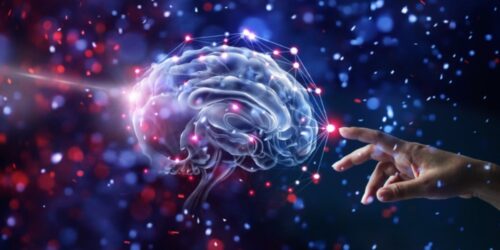Balancing Beliefs and Modern Addiction Treatments
In the realm of addiction recovery, the integration of faith and contemporary treatment methods presents both potential conflicts and synergies. For you or someone you know navigating this path, understanding these dynamics can be crucial. Different religious teachings offer various perspectives on addiction, and these can either align with or contradict modern treatment approaches. One of the primary conflicts arises...









